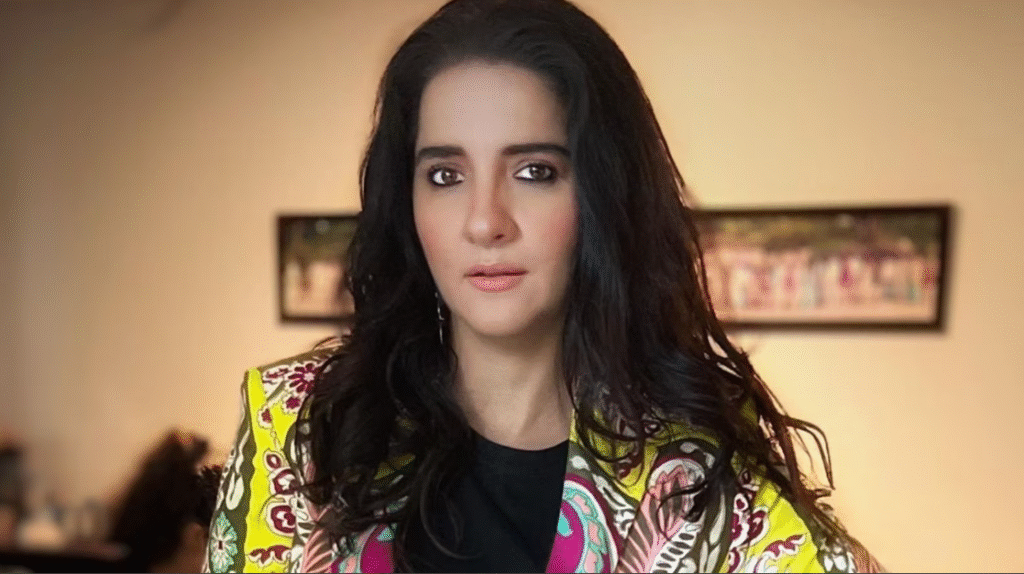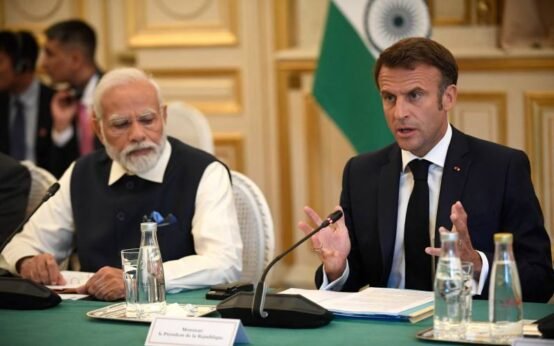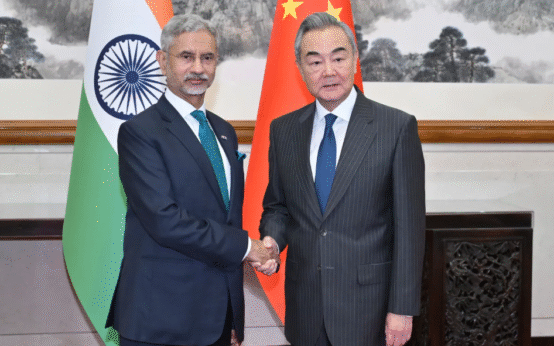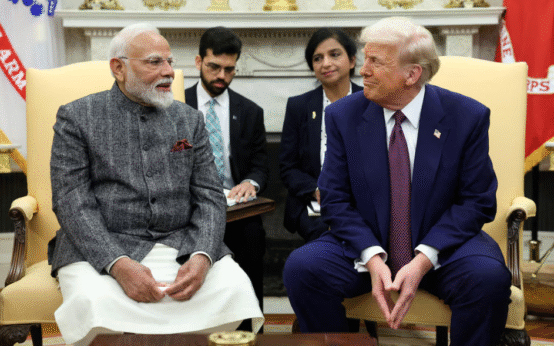Indian actress Shruti Seth recently shared her thoughts on the ban of Pakistani artists in India. This debate has swung back into the spotlight amid rising tensions between the two nations and continued calls for cultural unity. Shruti offered a thoughtful, heartfelt perspective on how art and politics intersect especially when music and performance cross borders.
Why the Ban Was Imposed ?
After the tragic Uri attack in Jammu and Kashmir in 2016, Indian film associations officially introduced a ban on Pakistani artists. In response, several major organizations including the Indian Motion Picture Producers Association and the All India Cine Workers Association announced that they would not allow any Pakistani actors, singers, or technicians to work in Bollywood projects.

Soon after, Pakistan responded by halting Indian films and music from being screened or broadcast in its own media outlets. This mutual cutoff quickly ended decades of artistic collaboration and exchange. Many film experts at the time warned that such moves would create a long-term cultural gap between the two countries, one that might be harder to repair than political differences.
Artists Finding Ways to Cross the Divide
Despite the ban, some artists have found indirect ways to reach audiences across the border. Pakistani-American singer Ali Sethi is a prime example. His global hit Pasoori became a viral anthem, blending Sufi poetry with modern pop sounds. Although travel and collaboration restrictions prevented him from performing in India, his song still reached millions of Indian listeners online.
Sethi’s success shows that while official rules can limit direct cooperation, digital platforms make it harder to completely silence art. Many believe such cross-border music and storytelling are a quiet form of cultural diplomacy.
Can Culture Heal the Rift?
While the current situation remains tense, there are still glimmers of hope. Social media and streaming platforms have made it possible for audiences to find and share content across borders, even if official collaborations remain off-limits. Artists like Shruti Seth remind the public that cultural exchange is not a luxury it’s a lifeline for understanding between nations.
History has shown that art can survive even in the toughest environments. From cross-border poetry readings to virtual concerts, creative minds will always look for ways to connect. The challenge is whether political leaders will one day see cultural ties not as a threat, but as a path toward peace.


 India faces world football ban for second time in three years
India faces world football ban for second time in three years  India, France vow to boost strategic partnership
India, France vow to boost strategic partnership  China and India agree to resume flights after high-level talks
China and India agree to resume flights after high-level talks  Wang Yi visits India for key border talks
Wang Yi visits India for key border talks  Is the U.S. Abandoning Its Pivot to Asia as Ties with India ?
Is the U.S. Abandoning Its Pivot to Asia as Ties with India ?  India pauses plans to buy US arms after Trump’s tariffs
India pauses plans to buy US arms after Trump’s tariffs